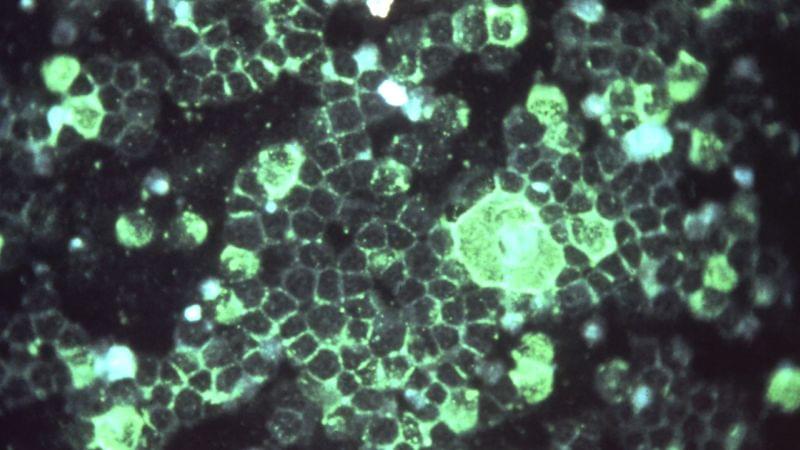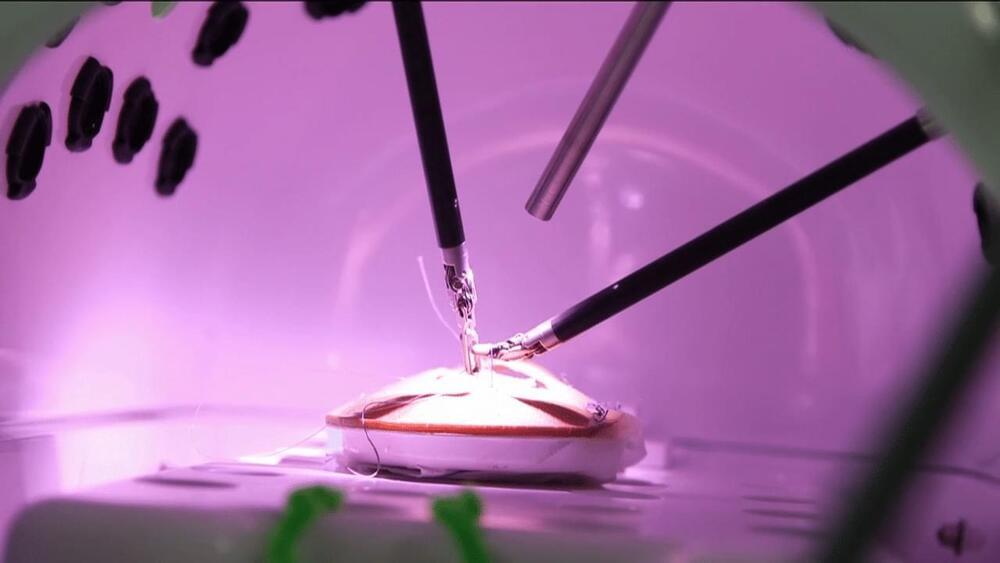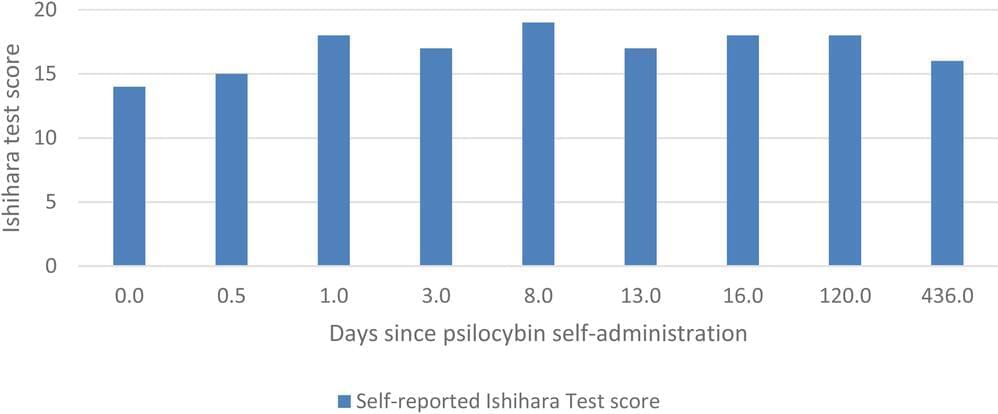Out in the wider world, patients usually go to their doctors because they have a lump that they can see or feel. It might be under their jaw, on their cheek or behind their ear.
But here at MD Anderson, most cases of salivary gland cancer are found incidentally, because our patients are getting CT scans for some other reason.
Salivary gland cancer almost never has symptoms, but the high-grade aggressive types can get big fast. Since they’re occurring in a confined space, there may be some discomfort associated with the growing mass. Someone’s ear might feel full, for example, or their jaw might feel tight. But the mass itself is not usually painful.






